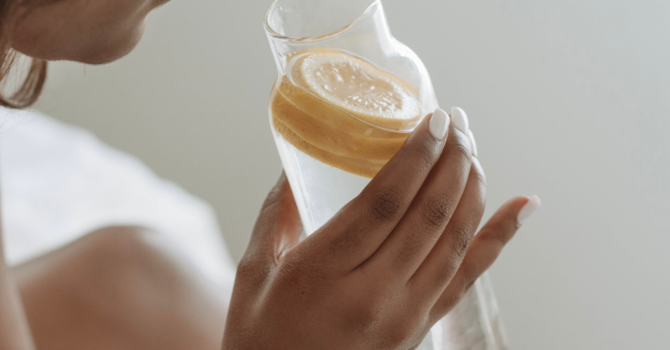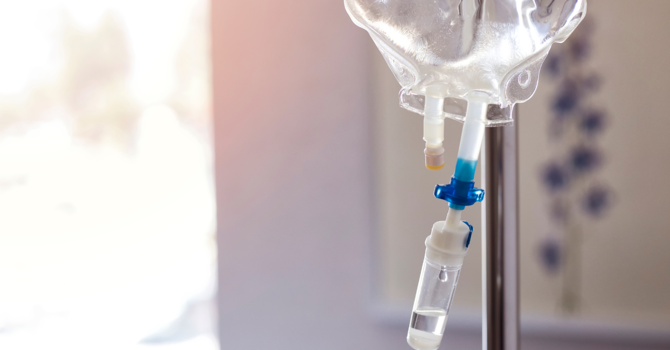Resveratrol, a natural compound found in red grapes, berries, and peanuts, has long been hailed as a potential anti-aging miracle. Its rise to fame began with the “French Paradox”—the observation that French populations had low rates of heart disease despite diets rich in saturated fats, possibly due to regular red wine consumption. But does resveratrol truly modify aging?
Early studies suggested resveratrol could activate sirtuins—proteins linked to cellular health and longevity. In lab models, it appeared to extend lifespan by improving mitochondrial function, reducing oxidative stress, and enhancing nutrient sensing. These findings sparked excitement about its potential as a longevity supplement.
Despite promising animal studies, human trials have been inconsistent. Resveratrol suffers from poor bioavailability, meaning the body doesn’t absorb it well but there are some ways to mitigate that; one is make sure it's a liposomal, powdered form. Also dose matters! While resveratrol may offer benefits in specific contexts—like reducing inflammation or supporting metabolic health—it’s no silver bullet for aging. More reliable anti-aging agents like rapamycin and acarbose have shown stronger, consistent results in clinical settings but also come with much less certainty over doses and dosing schedule making it hard to develop and cost effective strategy for patients.
Resveratrol remains a fascinating compound with potential health perks, but its role in modifying aging is more nuanced than early headlines suggested. It’s best viewed as part of a broader strategy—alongside diet, exercise, and emerging therapies—rather than a standalone solution.
Catherine Colley
Contact Me



